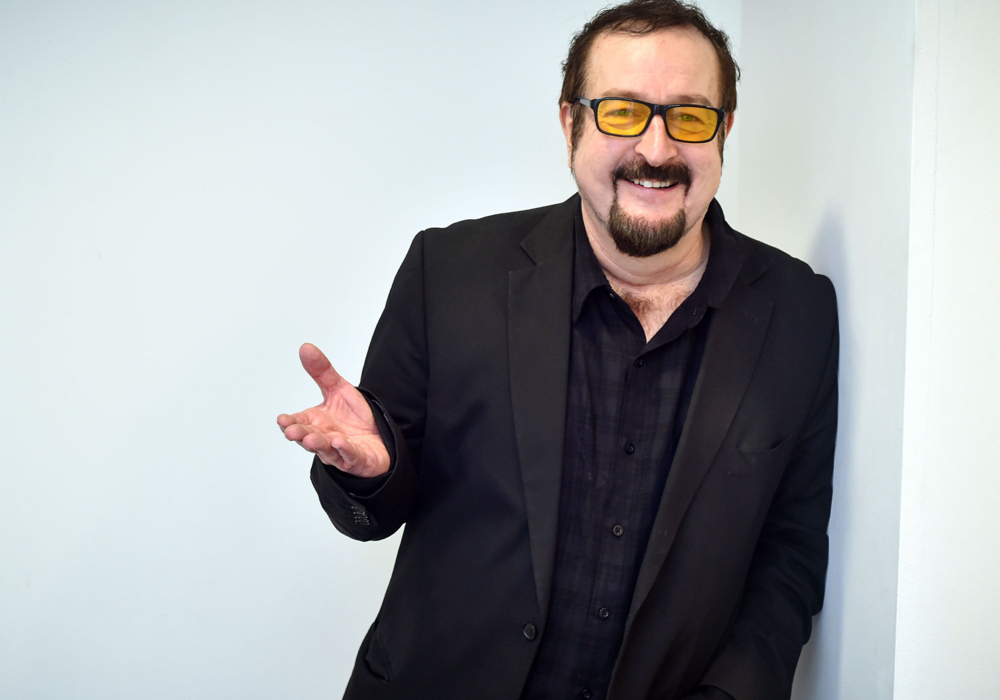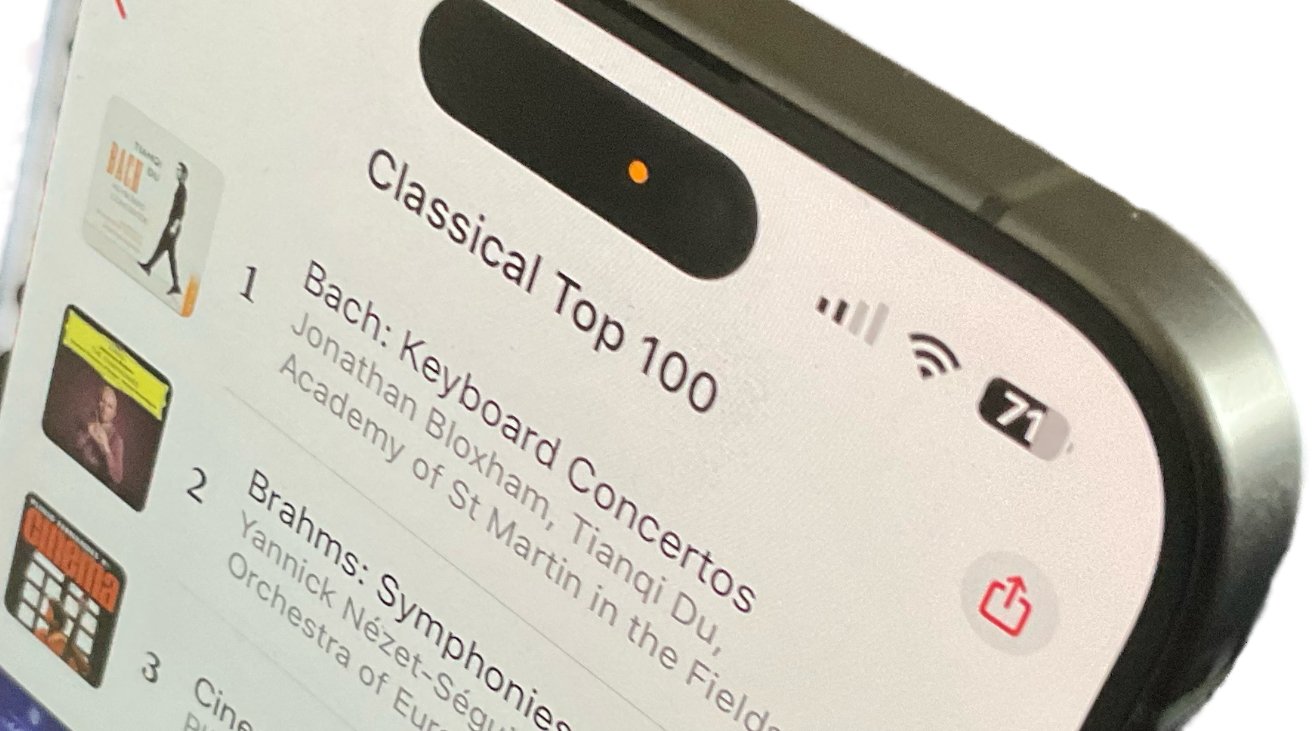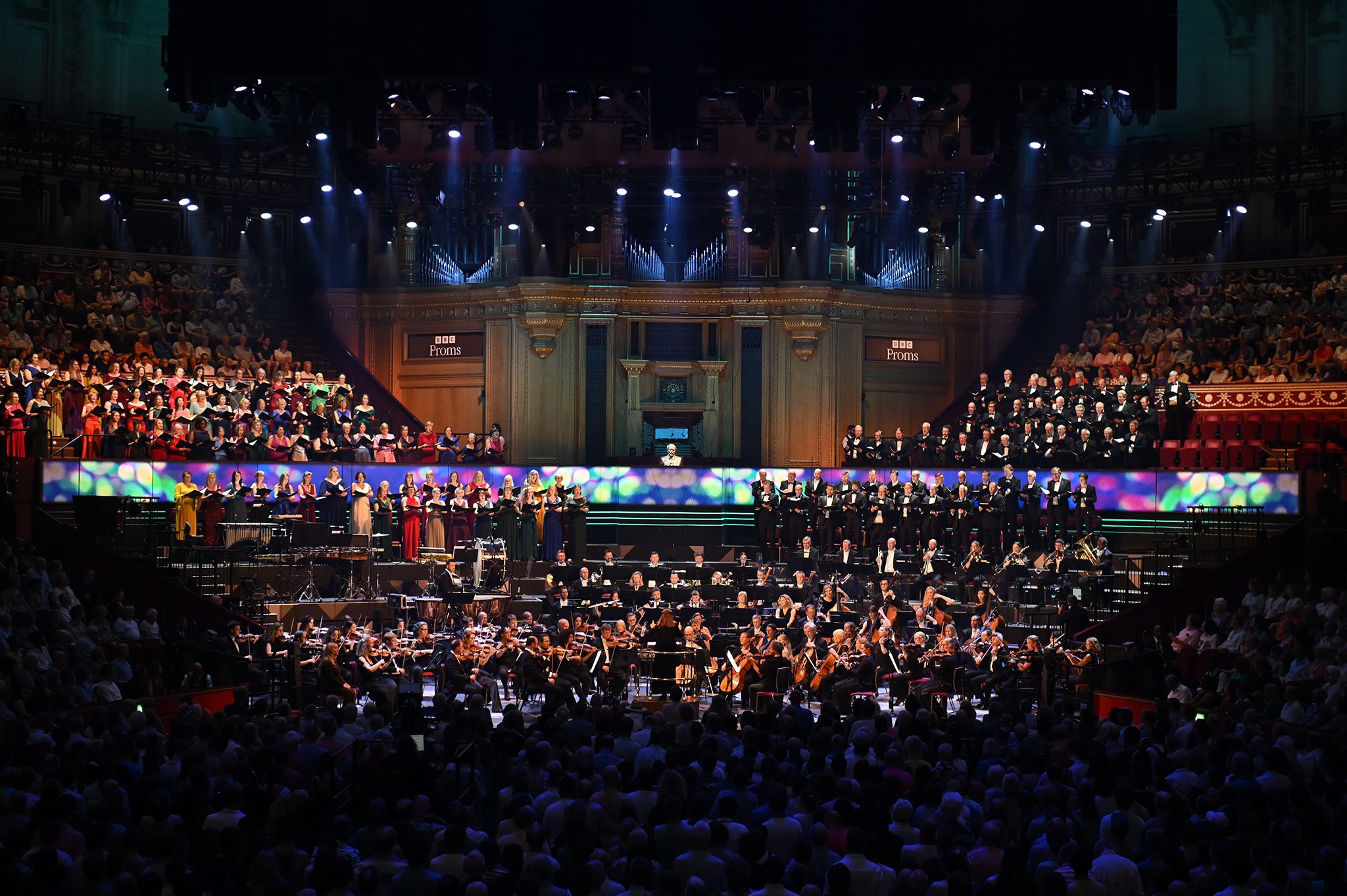Following DJ Steve Wright’s death, the outpouring of public sentiment on the airwaves and social media is a potent illustration parasocial interaction, where audiences feel a personal connection to media figures despite its one-sided nature.
Wright’s legacy prompts reflection on how media, especially radio, blends entertainment with content, a blend that classical music might benefit from. If only things were set-up right to make it happen.
In the hours after the BBC announced the death of DJ Steve Wright, we’re all of us whether we like it or not, susceptibly to the connections radio, TV and social media creates and thrives on between presenter and audience.
When a well-known much-loved figure departs, so that powerful connection between deceased and listener comes to the fore. We all gasp. Voices crack. Memories flood in. Invitations to engage are put out. Broadcast networks messaging systems wheeze under the pressure of all of that goodwill. Everyone still breathing commits to ‘holding one another tight’.
The term is parasocial interaction – a relationship between (usually though not exclusively) media personalities and their audience, heavily weighted towards the audience and usually characterised by that audience perceiving a personal connection when there isn’t one.
Radio thrives on it. So too TV to a lesser extent. There was a lot of it about evident in the days following the death of Princess Diana.
It’s because of parasocial interaction that we seek out obituaries, reports, and first-person reflections. Broadcast networks have the opportunity to capitalise on this experience, unifying their audience with tributes to their departed talent. It’s why people like me (and plenty of other colleagues I know in different professional sectors) look for meaning that helps shape their own thinking. Or inspiration for their writing. It’s all gravy, as a much-admired former boss once told me at the BBC.
Even though the celebration of Wright’s legacy is at risk of the very lionisation BBC Radio 2’s drivetime host Sara Cox hinted he would have strongly disapproved, there is a quote in Newsnight’s package that I’m drawn to.
In the opening sequence of the package, Steve Wright says of his first show at BBC Radio 1:
“I just wanted to not be just a talking about the music guy. I wanted to talk about things. So, whatever it was that concern people, tv, radio, royalty. Whatever it happens to be.”
I don’t remember listening to Wright when he first arrived at Radio 1 in 1981, but I do remember long hot summers working in my Dad’s photographic lab a few years later, the dull sentence of school holidays spent at work ‘helping’ my Dad’s staff made marginally sweeter by listening to Simon Bates, Gary Davies and Steve Wright. They were storytellers, consistent in their running orders, and didn’t rely so heavily on real-time engagement to demonstrate their worth to their paymaster. I’m not here to deny Wright his moment in the sun, but the three DJs were a powerful team and got me (finally) interested in pop music.
What Wright says in his reflections to former Radio 1 Breakfast DJ Chris Moyles (in the Newsnight package I quoted earlier) is a lesson for classical music (or at least I think so, even if you’re finding it a bit of a stretch). We spend a lot of time wringing our hands about the best or the ideal way of packaging up classical music. Plenty of people myself included, get worked up if there’s any hint that our way of appreciating the art in it is sent up, not taken seriously, devalued, or dismissed. I’ve missed out on job interviews, promotions and contracts because of the way I protect the thing I love the most. What I want to hear on the radio isn’t deference but, the music as an adjunct to the entertainment provided by the presenter.
The content of that entertainment will differ according to the audience demographics the focus groups have told the broadcasters to relentlessly pursue. But what Wright was doing (or at least reflecting on retrospectively with Moyles) is what classical music might benefit from in the present day. Entertainment (or ‘things’ as Wright puts it) interspersed with genuine, sincere and passionate celebration of classical, well I’m not entirely sure anyone’s pulled it off yet.
Some stations have had a go and and one is still plugging away. But a few years down the line I’m of the mind that Bauer Media’s bold play to deliver ‘classical music for modern life’ hasn’t really worked. I’ve never been entirely convinced that the presenters have had the scope to create entertainment in the way that Steve Wright did, that anyone of them especially liked the music, or if they did that their delivery conveyed it. If you’re going to do it you need presenters (and producers) with conviction. Its just a little formulaic in its commitment to doing something different.
It’s clear from the archive footage that Wright wasn’t just a DJ but a producer too, one who surfed into Broadcasting House just at the right time before creative freedom was curtailed and governance got in the way. This isn’t a criticism of those who haven’t pulled it off, nor a criticism of the BBC. Rather, that in the words of a broadcaster whose death everybody appears to have been really shocked by, there might be some ideas classical music (beyond just broadcaster) might want to steal.
Steve Wright clearly loved his music and was incredibly knowledgeable about it. From the off he did not want to be just a talking-about-the-music-guy’, he wanted to talk about ‘things’.
Wright created entertainment without sacrificing his admiration of and passion for the music. There’s something in it. Even forty years on. Who’s game?



